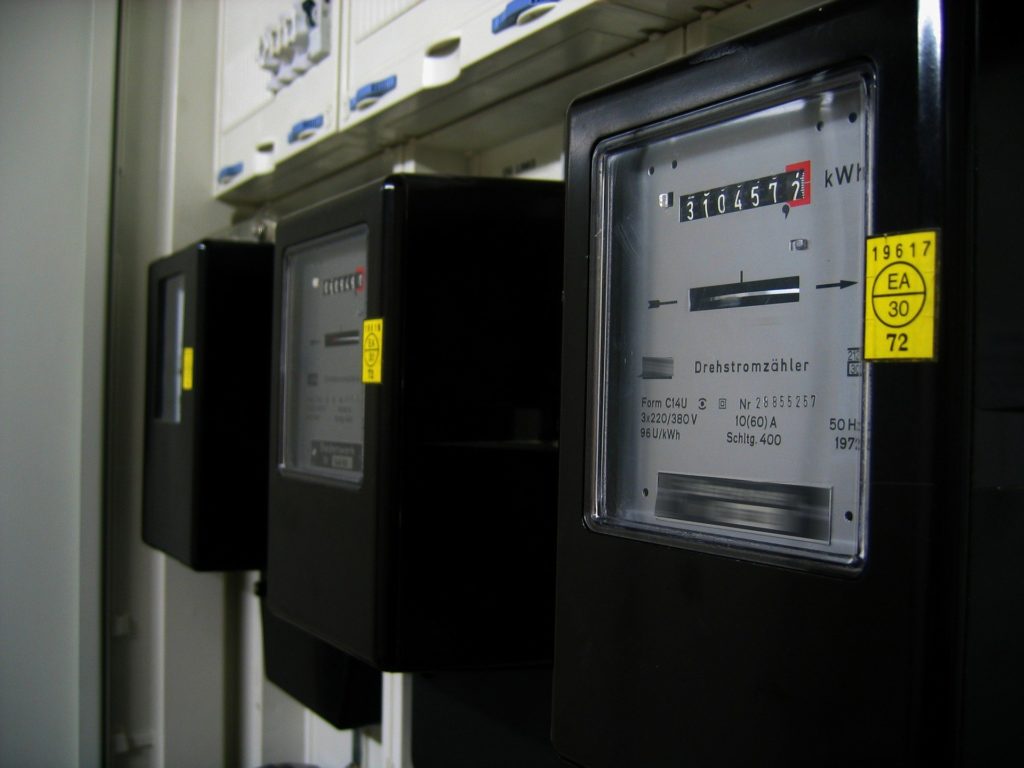What Exactly is a Smart Meter?
To understand smart meters, your first need to understand old-style electricity meters. Old-style electricity meters are very simple: The only thing they do is keep a tally of how much electricity has been used since the meter was installed, just like the mile counter on your car. Smart meters tally up your electricity usage too, but they also do more than that. Firstly, smart meters you when you used electricity, not just how much you used. Secondly, smart meters connect to the mobile phone network. This lets them communicate wirelessly with the ESB.

The Benefits of Smart Meters
1. Automatic and Precise Meter Readings
The first benefit is that the ESB will be able to read your meter without needing to visit your house. This will eliminate estimated billing and cut down on meter-reading costs. Eventually, these savings will be passed on to you, the consumer.
2. Time-of-Use Metering
With time-of-use metering, electricity tariffs vary across several time-slots throughout the day. For example, there might be a low price during the night, a medium price during the morning and daytime, and a peak rate price from 5pm to 8pm. This allows you to make savings by shifting electricity use from peak times to off-peak times. For example, you could cut the cost of running your dishwasher in half by turning it on before you go to bed instead of at 5pm.
In the future, electricity prices might even vary each day (finalised the previous evening). For example, your electricity supplier might use an app to offer you lower prices when there’s surplus wind power on the grid. Ultimately, all of these tactics help us to use the electric grid more efficiently, providing lower bills for everybody.
3. Selling Surplus Solar Energy to the Grid
As well as measuring how much electricity you consume, smart meters will also let you measure how much electricity you are producing. According to Ireland’s Climate Action Plan, this will allow those of us with solar PV systems to get paid for surplus electricity by then end 2021. Read more about selling your surplus power here.
When Will I Get my Smart Meter?
The ESB has already started installing smart meters in Irish homes, and the plan is that everybody will have one by the end of 2024. Customers with solar PV can request priority installation as follows:
If you have a single 24-hour tariff meter, you can contact ESB Networks directly to request a priority smart meter upgrade. Have your MPRN (from your electricity bill) to hand and call them on 1800 372 757.
If you have dual day/night metering, you should contact your electricity supplier, who can forward your request to ESB Networks. If you have day/night metering, you will also need to discuss the change to time of use metering with your electricity supplier.
What’s the Catch?
Smart meters are being rolled out on an area-by-area basis. And unfortunately, ESB Networks are only prioritising households with solar within their areas. Smart meters are currently being rolled out in counties Dublin, Cork, Laois, Louth, Kildare, Meath, Wicklow, Limerick, Sligo, Leitrim, Carlow and Kilkenny, with new areas of Dublin and counties Clare, Donegal and Mayo soon to follow. If you’re in one of these areas, then you’re in luck. Otherwise, it may take until 2024 for you to get your smart meter, unless prioritisation for solar households gets improved.
Smart Meters and Solar PV
Smart meters are great news if you have solar panels. There are two main reasons for this. Firstly, the time-of-use billing that smart meters allow for is the perfect match for solar panels. This is because you can get cheap discounted rates during the night and free electricity from your very own panels during the day. Secondly, smart meters can measure the electricity that you export to the grid. This will allow you to sell your surplus solar energy to the grid from 2021 onwards. If you want to be smart meter-read, consider going solar soon to take advantage of the SEAI grant while you still can.
